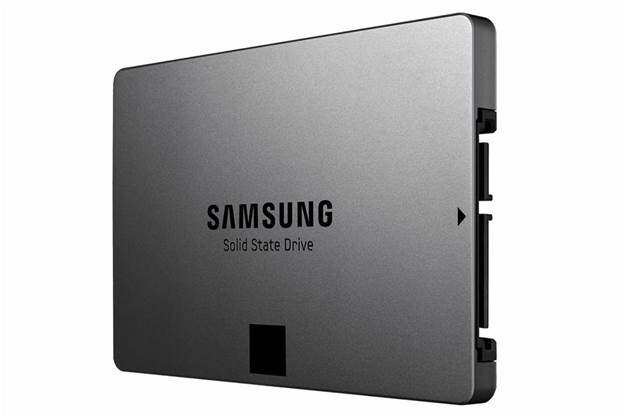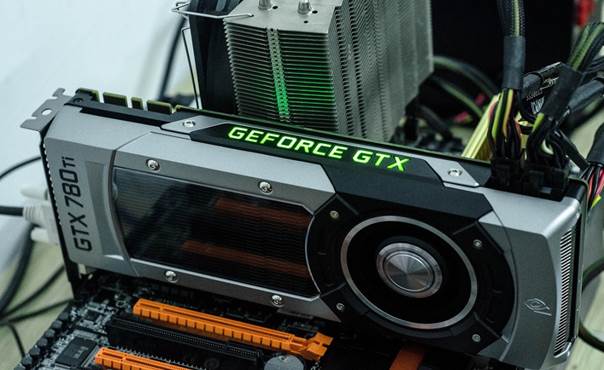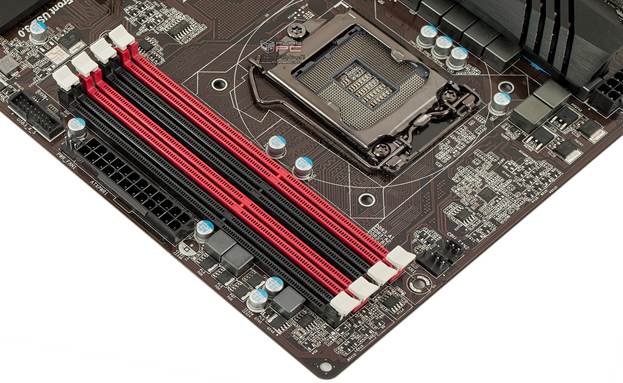Gaming SSD of the year: Samsung 840 EVO 250GB
When PC PowerPlay conducted a
pre-built gaming PC roundup, one component in particular seemed to be present
in nearly every PC submitted – Samsung’s 840 EVO SSD. There’s a reason this SSD
is one of the most popular on the market, and it’s not just because the price
per Gigabyte is so competitive. When we conducted a review of the drive, we
were blown away at the blazing performance, which wiped the floor with
everything else we’d tested. Throw in a very competitive three year warranty
and it’s one of the very few pieces of hardware we’ve tested that seems
impossible to improve.

When
PC PowerPlay conducted a pre-built gaming PC roundup, one component in
particular seemed to be present in nearly every PC submitted – Samsung’s 840
EVO SSD.
Power Aware of the year: NVIDIA GTX 780 Ti
AMD thought it finally won the GPU
performance crown with the unveiling of the powerful R9 290X, but its time on
the throne didn’t last long. To everybody’s surprise NVIDIA quickly responded
with the GeForce GTX 780 Ti, a modified version of the stupidly expensive GTX
Titan, delivering even better performance at a price that mere mortals could
afford. And unlike AMD’s 95C heater, the GTX 780 Ti managed to stay relatively
chilly, resulting in cooling solutions that didn’t sound like hurricane. It only
outpaced the R9 290X by a handful of frames, but the fact that it did so
without scary temperatures or annoying fan noise made it the premium GPU of
choice. The fact that NVIDIA products also support the amazingly useful
ShadowPlay gameplay recording app, which can capture 1080p at 60Hz with a tiny
performance hit, sealed the deal.

To
everybody’s surprise NVIDIA quickly responded with the GeForce GTX 780 Ti, a
modified version of the stupidly expensive GTX Titan, delivering even better
performance at a price that mere mortals could afford.
Smart Buy of the year: ASRock Fatality H87
We’re quite accustomed to ASRock
releasing products that put others to shame when it comes to price/performance,
but even we were taken aback by the Fatality H87. ASRock’s engineers figured
out how to enable overclocking on the H87 chipset, a feature Intel deliberately
disabled to encourage gamers to buy the more expensive Z87 chipset. The result
was a motherboard that offered all of the features and performance of
motherboards twice its price. At this price we expected a rubbish feature set,
so were impressed to see SLI/CrossFire compatibility for twin GPUs, as well as
a beefed-up onboard audio system based around the latest Realtek ALC1150 codec.
If you’re looking to build an affordable gaming PC, we urge you to consider the
Fatality H87.

ASRock’s
engineers figured out how to enable overclocking on the H87 chipset, a feature
Intel deliberately disabled to encourage gamers to buy the more expensive Z87
chipset.